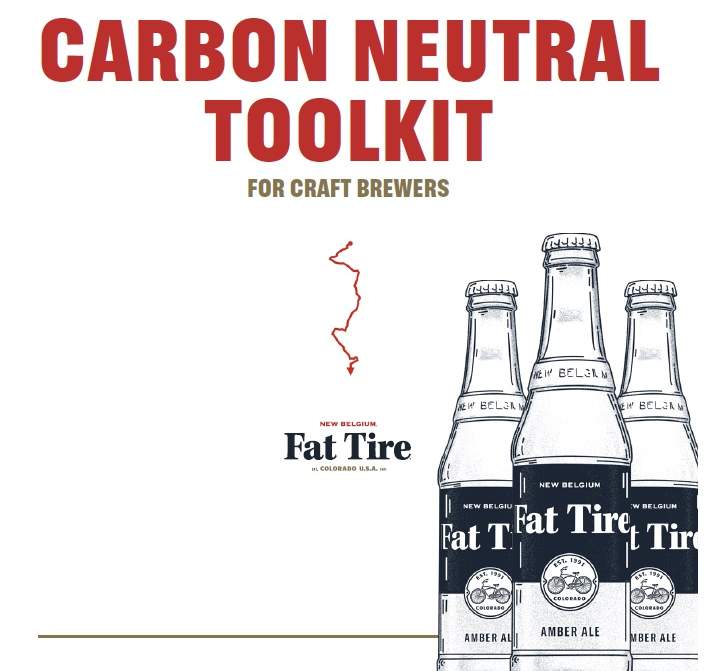
It was announced that New Belgium Brewing Co.’s flagship Fat Tire Amber Ale became America’s first certified carbon neutral beer last summer. What does that mean exactly? New Belgium’s Fat Tire brand has earned carbon neutral status by SCS Global Services using the international recognized PAS 2060 standard. How did New Belgium earn such a cool accreditation? Jump over to this Drink Sustainably web page to learn the sustainability processes New Belgium has installed and embraced with its brewing facilities, supply lines and philanthropy initiatives to earn the certification — solar arrays, LEED-certified buildings, recycling efforts and ever onward.
If you’re super interested, New Belgium brewing has actually just released a free Carbon Neutral Toolkit on that same webpage to support fellow beer companies on their journeys toward net-zero carbon emissions. This highly detailed resource (a 26-page PDF paired with a Drink Sustainably GHG Accounting Tool in an Excel file) is designed to help small- and medium-sized breweries measure their carbon footprint and take steps to make their businesses carbon neutral (download on this page; scroll down a little). The toolkit breaks down the process into six major steps:
- Measure your carbon footprint
- Set a strong carbon neutral goal
- Reduce your GHG emissions (greenhouse gasses)
- Buy carbon offsets
- Advocate for strong climate policy
- Earn carbon neutral certification
Each step is summarized with explanations, examples, resources, advice, cost figures and time estimates. Here’s a good example: Let’s take measuring a brewery’s greenhouse gas or GHG emissions. According to the toolkit, to meet national standards, breweries must measure emissions across all “Scopes.” These start with the most controllable (Scope 1 for beer production) then from electricity used by the brewery (Scope 2) and finally from activity in your value chain (Scope 3 — suppliers and customers). Here are more technical definitions and a diagram of the three Scopes via the tookit:
- Scope 1 GHG emissions are direct emissions from sources that are owned or controlled by the company and includes on-site gas usage for heating and brewery operations, purchased CO2, and fleet fuel consumption (including owned or leased vehicles).
- Scope 2 GHG emissions are indirect emissions from the generation of electricity that is used by the company at all facilities (ex: main brewery, warehouse, and taproom).
- Scope 3 GHG emissions are from sources not owned or directly controlled by the brewery but are linked to all activities across the value chain including the manufacturing of cans and bottles, growing barley, retail refrigeration, contract brewing (if applicable), and more.
- Product Lifecycle Accounting GHG emissions are all of scopes 1-3 for a particular beer.
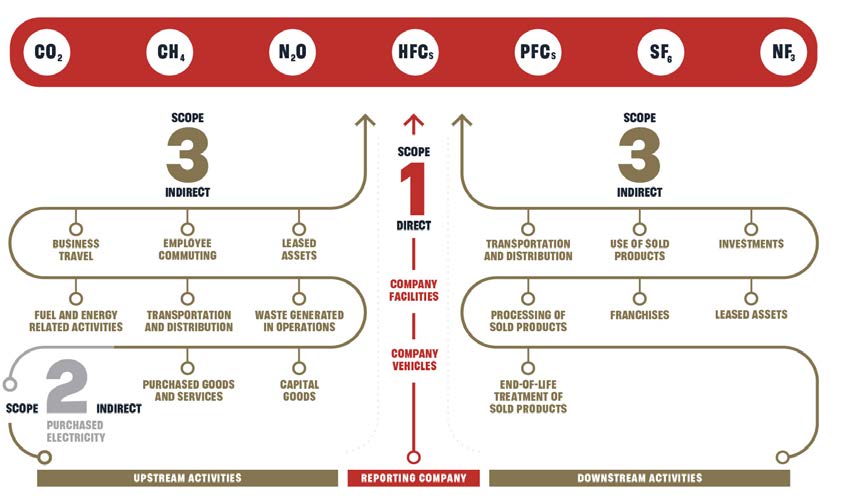
The toolkit is well done and worth your time to have a look. This eco-ethos is at the center of New Belgium’s Drink Sustainably campaign. Coinciding with the Super Bowl this year, New Belgium launched IsMyBeerSustainable.com showing us whether the biggest brands in beer are also carbon neutral. Well, are they? No one really knows I guess, but probably not. Click here. New Belgium Brewing even released an ultra-expensive, terrible tasting beer called Fat Tire’s Torched Earth Ale. Made with smoke-tainted water, dandelions and drought-resistant grains, it was priced a $40 for two 16-oz. four-packs, and it tastes like sadness, according to Cody Reif, R&D brewer with New Belgium. The company has made its green initiatives a major marketing focus to help sell product, which is another opportunity when considering going carbon neutral.
From the press release:
“As a medium-sized company, New Belgium can only have a medium-sized impact. We know how important it is for businesses to work together to help solve the climate crisis — and drive business growth as a result,” said New Belgium CEO Steve Fechheimer. “Rather than keeping the rewards of our carbon neutral investments to ourselves, we’re giving away our Toolkit as an invite to other brewers to join us. We’re inspired to see brewers like Sunday Beer who have already joined us in a commitment to strong climate action and we’re excited to support and celebrate whichever brewery will be next.”
New Belgium also noted that Brooklyn-based Sunday Beer Co. was committing to becoming certified carbon neutral, in part thanks to New Belgium’s example.
“Having fun and being responsible to the environment have been a couple of Sunday Beer’s core principles from our founding, but as an effort to continue to do better, we were inspired by New Belgium’s leadership in the space and have become Carbon Neutral certified in 2021,” said Eric Schulz, Co-Founder Sunday Beer Co. “We’re excited to be a part of this movement and with Fat Tire’s new Carbon Neutral Toolkit as a great tool, we think this is just the beginning!”
For more information and to check out New Belgium’s Carbon Neutral Toolkit yourself, visit www.drinksustainably.com.

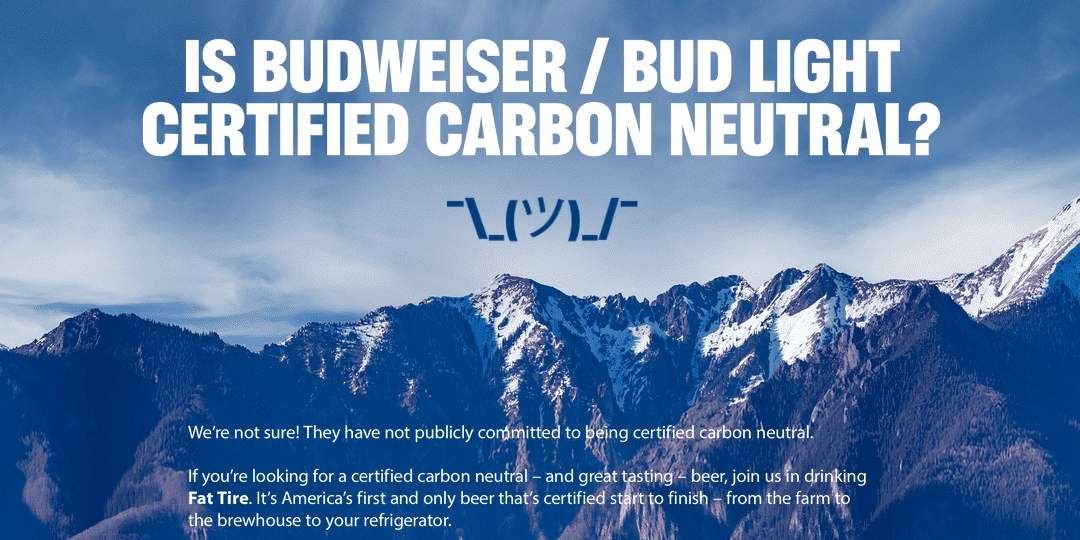
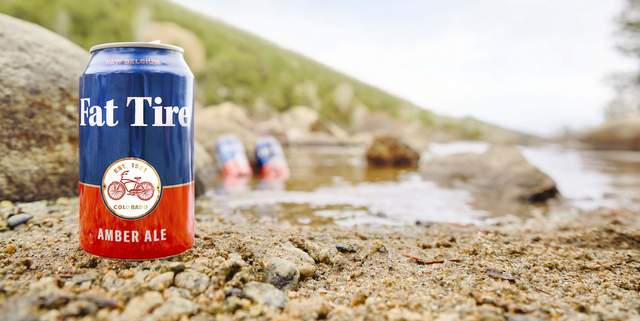
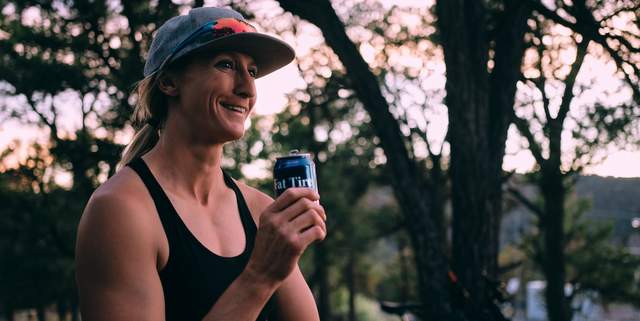
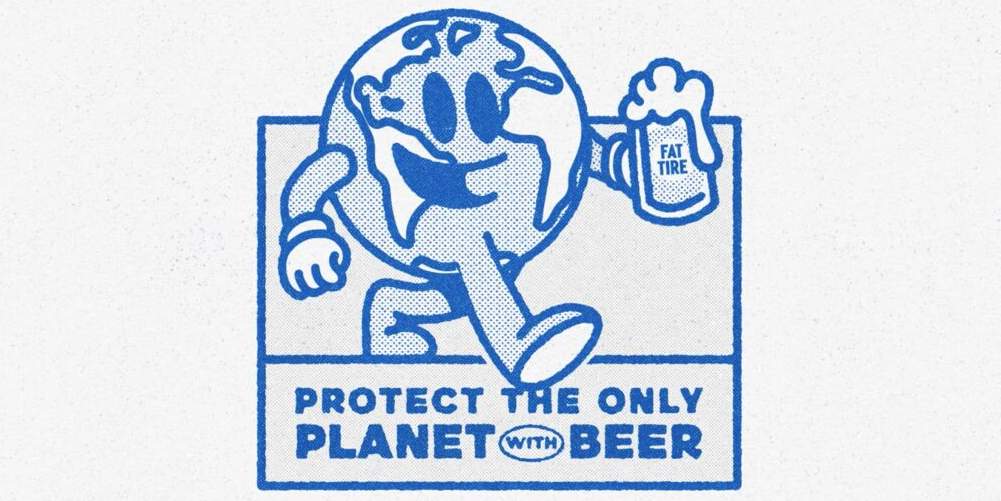
[…] Read More […]